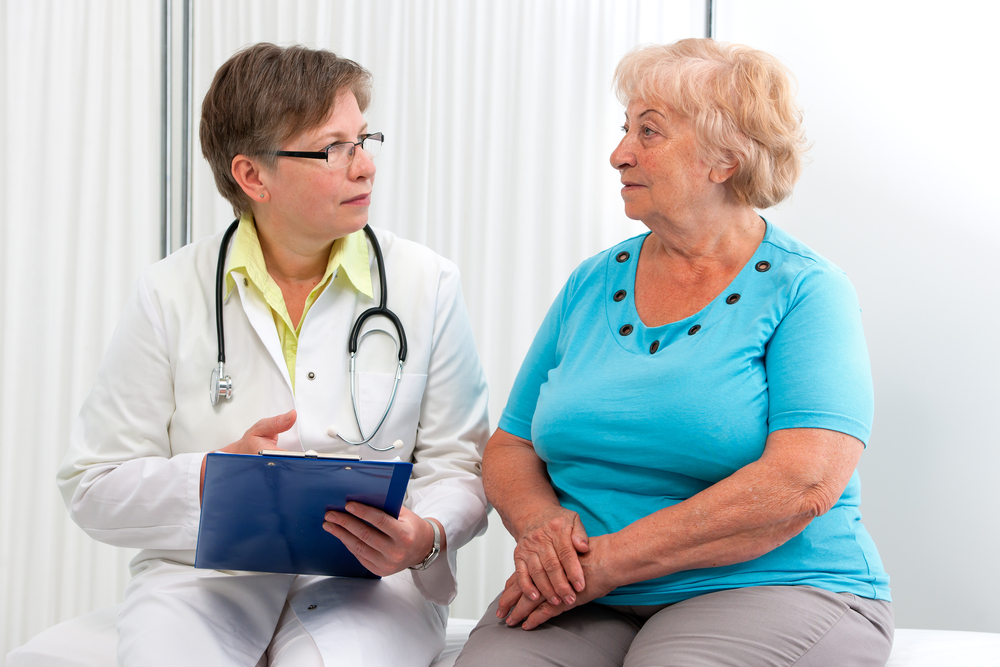ALS Patients, Caregivers Want to Know More About Genetic Testing, Survey Shows

Greater knowledge about clinical trials and the importance of genetic testing, as well as increased access to expert care, are key needs for people with neuromuscular disease, including those with amyotrophic lateral sclerosis (ALS), according to a large survey.
The ONEVoice survey included 3,362 respondents, 2,430 of whom were adults with neuromuscular disease (225 with ALS, 7% of total) and 932 were caregivers/family members. It was funded by the Muscular Dystrophy Association (MDA) and conducted by Edge Research between Jan. 18 and Feb. 20, 2018.
More than 50 questions covered topics that included experiences and challenges around disease management, treatment burdens and trade-offs, sources of information and support, as well as awareness and interest in MDA resources and services.
The survey’s results revealed that approximately one-third of the patients said their diagnosis had not been confirmed with genetic testing. Patients with ALS were among those less likely to have received this type of testing. This is used not only to confirm a disease, but also to help predict its course and the risk of recurrence, facilitate recruitment in clinical studies, and assist in the development of a treatment plan.
Three-quarters said they had never participated in a clinical trial, although nearly eight in 10 were interested in finding one for which they might be eligible. To help with this, the MDA has a Clinical Trials Finder as well as the NeuroMuscular ObserVational Research (MOVR) Data Hub, to help health care professionals match patients with available treatments and suitable trials.
MOVR is expected to be fully implemented this year. ALS, spinal muscular atrophy, Duchenne muscular dystrophy and Becker muscular dystrophy were the first four diseases covered in this platform.
The findings also revealed that over 75% of respondents expressed concerns about access to health care with expertise in neuromuscular disease. Among its current solutions, the MDA provides specialized care at its Care Center Network, with 150 leading health care institutions across the U.S. These Care Centers provide access to expert multidisciplinary care, clinical studies, and help patients connect with the MDA and the neuromuscular community.
In 2017 alone, over 12,000 patients were participating in clinical trials and natural history studies across this network.
People living in more remote areas or with difficult access to a care center may use telemedicine for cost-effective, real-time communication with specialists. But only 20% of respondents said they feel informed about telemedicine and one-third said access is a major concern. These challenges were particularly evident in lower-income patients.
Improved independence and mobility were the top concerns of respondents, being expressed by 64% of those surveyed.
“MDA is committed to transforming the lives of people with neuromuscular disease and we believe the ONEVoice study moves us one step closer to our objectives,” Lynn O’Connor Vos, MDA president and CEO, said in a press release. Besides its network of multidisciplinary clinics, Vos commented that the MDA may help achieve such transformation through its “multimillion-dollar commitment to research and programs to enrich patients’ lives.”
Vos added, “The ONEVoice study also found that the neuromuscular disease community is eager for information and counts on MDA to fill this need.”
MDA is a source of information for 75% of respondents. Over 70% have visited the association’s website and 56% said they have reached out to the MDA in other ways for information or assistance.
Full survey results can be found here.






